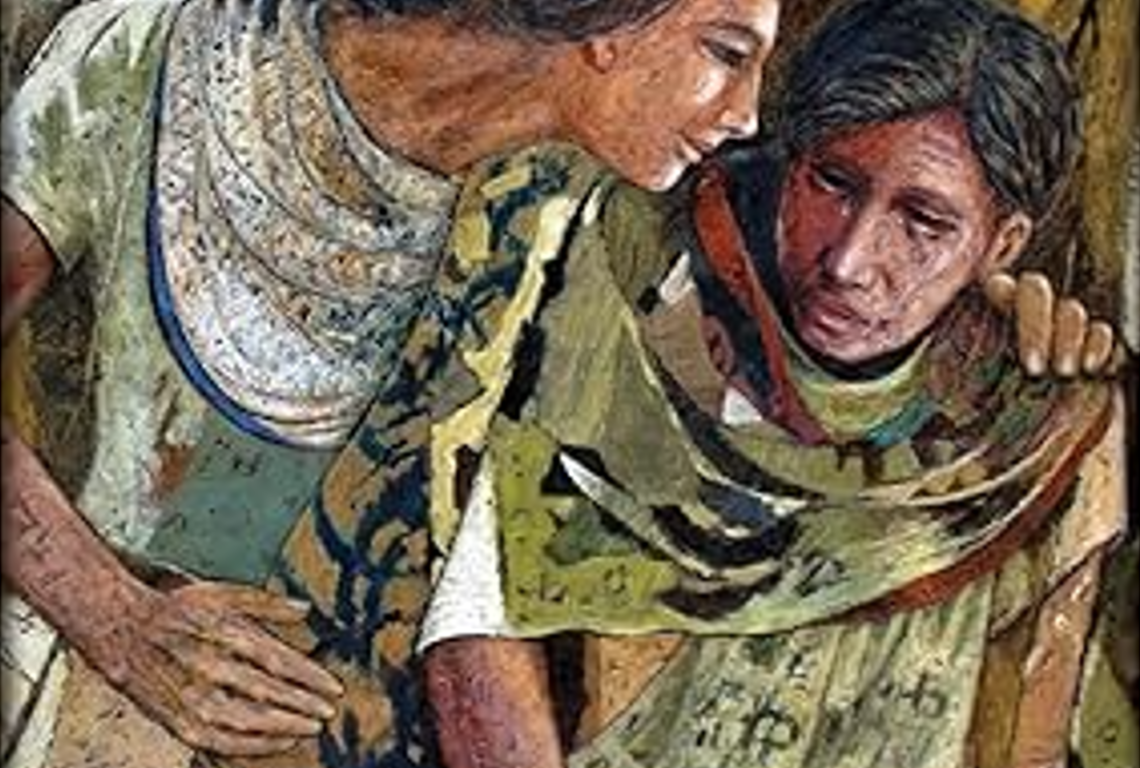THERE is a house overlooking a mountain of rocks and within the walls of this house are tales of human misery… and human resilience. Driven to madness because of abandonment, abuse and even natural disasters, the 20 women in these tales have shocking stories to tell about their lives. Their stories paint a picture of suffering and desperation. But as much as they scream for help, their voices are unheard by anyone – except by a retired Indian Army captain who not only heard their cries but wrote them in a collection of stories titled Nobody’s Grandmother.
This book shares the tears of the women and as noble as that effort is, it doesn’t stop with heart wrenching stories. Group Captain AC Barua was so troubled by the suffering he saw that it propelled him to establish an NGO for destitute women called SENEH. Through SENEH, Group Captain Barua rescues and empowers women who have been mistreated and suffer the consequences of living in extreme poverty and having no one to help them. In SENEH’s safe home, the rescued women are in a safe space and can start the process to rebuild their lives and be rehabilitated to live the rest of their lives in stability and safety.
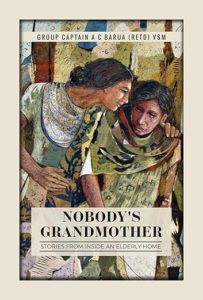 In his book Nobody’s Grandmother, Group Captain Barua narrates the stories of real women who live in SENEH. But since many of the women suffer from mental conditions or are victims of accidents that have left them with gaps in their memories, Group Captain Barua has taken creative license to write their stories as he has imagined them. This disclaimer is made in Nobody’s Grandmother which is a delightful read. In short, Nobody’s Grandmother is a collection of stories about poverty, about women and about India.
In his book Nobody’s Grandmother, Group Captain Barua narrates the stories of real women who live in SENEH. But since many of the women suffer from mental conditions or are victims of accidents that have left them with gaps in their memories, Group Captain Barua has taken creative license to write their stories as he has imagined them. This disclaimer is made in Nobody’s Grandmother which is a delightful read. In short, Nobody’s Grandmother is a collection of stories about poverty, about women and about India.
Stories of poverty
There are differing viewpoints as to what constitutes poverty. Is it living on less than $2.15 a day, as the World Bank has estimated or is it the inability of a potter to learn a new trade due to the influx of plastic products, as it happened to Priyabala’s father? One of the women at SENEH, Priyabala’s life is an example of just how far the unfairness and injustices of life can impact a person and the generations that follow them. In abject poverty, this woman was left without the opportunity to create a better future for herself and navigate the harsh world while dealing with a fractured body deteriorating from tuberculosis. Education and employment are not all that are needed to take care of oneself. It is one of the most effective and sustainable poverty alleviation methods, but people from impoverished backgrounds also require care. Group Captain Barua both recognizes and prioritizes this at SENEH as a way to encourage people to lift themselves up toward better futures.
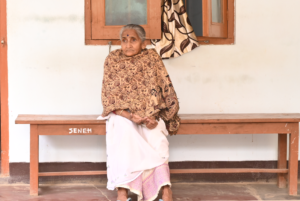
Stories of women
The suffering of the poor is immense. But the suffering of women from poor backgrounds is immeasurable. Even in the so-called “best” circumstances, women are at risk of abuse and exploitation at the hands of both strangers and people they know. This reflects the experience of Sukhi, who was left partially visually and hearing impaired after her father beat her to near death. But life didn’t fare well for Sadhana, a woman with disabilities, as we learn that she was raped by her employer for being an “easy target”. Struggling to get access to justice and legal assistance is a challenge for many such women who not only have to cross the hurdles that poverty erects, but also face the challenges that disabilities pose for a woman. SENEH knows that a helping hand can make all the difference in the world for women suffering and struggling to deal with sexual assault all on their own. It is this helping hand that allows women like Sukhi to live their lives with their heads held high.
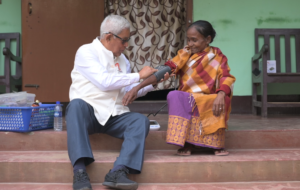
Stories of India
Based in Assam, which is a flood prone area, Group Captain Barua has rescued women who were left destitute and alone after floods ravaged their homes. Devi is one such woman whose story is narrated in Nobody’s Daughter. Having to deal with the drowning deaths of her children, Devi also had to grapple with the fact that she was now homeless and living on the dangerous streets. Mental deterioration is a common condition that develops among people who face such unbearable suffering alone. Sadhana is another woman that Group Captain Barua writes about who faced another common problem that elders in India face: abandonment by their children. Despite suffering from debilitating diseases and ending up in palliative care, Sadhana’s children never came to see her or attend her funeral after she died. SENEH is a home and a second family for people who have no one else in the world to be in their lives.
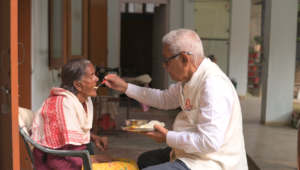
How the author concludes Nobody’s Grandmother
The stories in Nobody’s Grandmother are based on the real life experiences of the women who now live at SENEH and have had their lives transformed by the love and affection they have received at SENEH. In the words of Group Captain Barua in this short video, “Do you know what is my biggest worry? What will happen when I am not there? I am above the age of 80. If I can secure finances, then the women of SENEH will survive.”
There are 28 women who live at SENEH now and who need your support to continue living at the home. Group Captain Barua has been running the home using his own funds from his retirement from the Indian Army. But now, he and the SENEH team need more support to not only take care of the destitute women but also take in more women in desperate need. To support SENEH, you can donate here:
Support Group Captain Barua at SENEH
–
Give’s mission is to “make giving bigger and better.” Give is the most trusted donation platform in India for fundraisers and crowdfunding campaigns. Through our technology solutions, we enable individuals and organisations to fundraise and donate to a cause, charity or NGO with trust and convenience. Give’s community of 2.7M+ individual donors and 300+ organisations supports 3,000+ verified nonprofits with 80G deduction and serves 15M+ people across India. Find a fundraiser today!
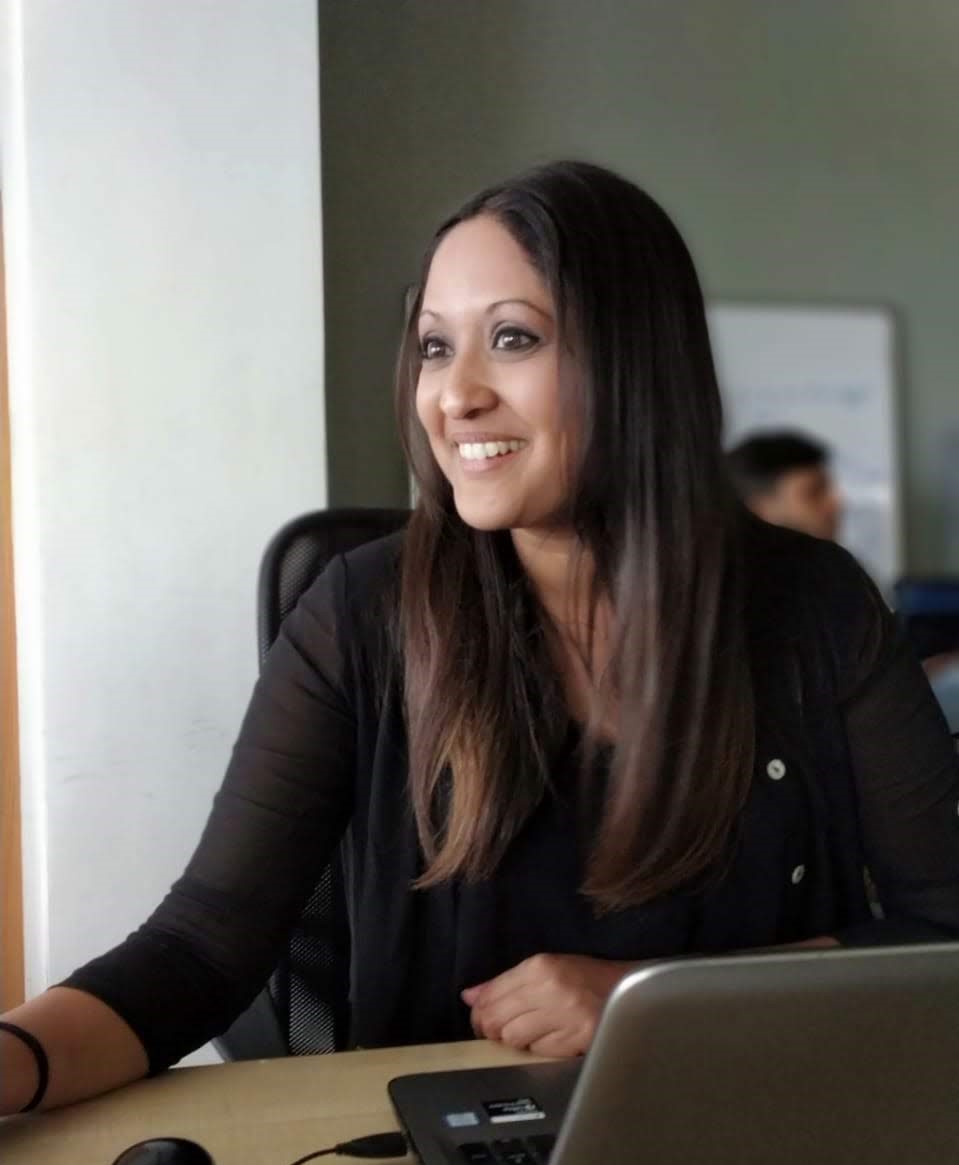
Shirley has been in the development sector for over 10 years and is passionate about making a change in the world around her, including adopting dogs and writing to make a difference.
Discover more from
Subscribe to get the latest posts sent to your email.

